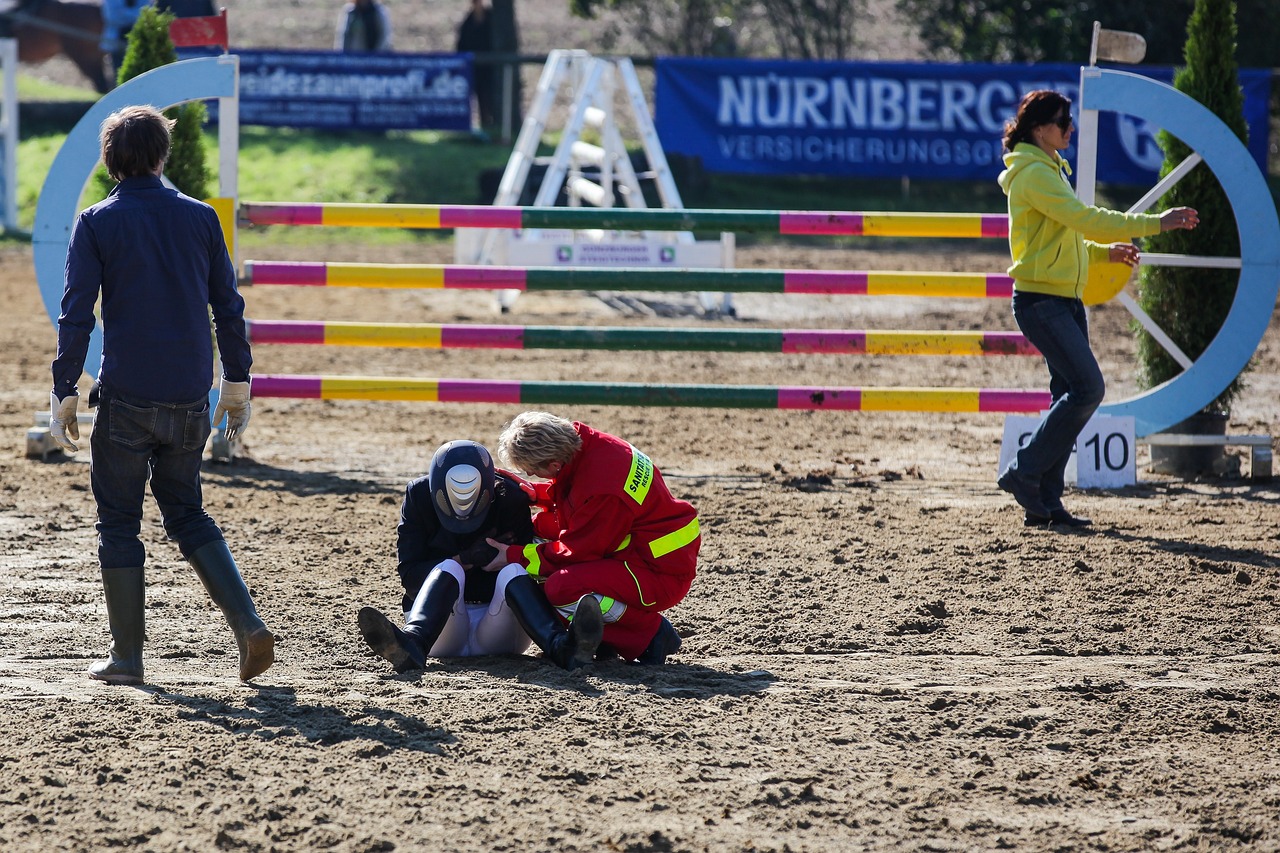Significant Turning Points in Cricket History
Reddy Anna Book, Reddy Book: One Day International (ODI) cricket revolutionized the game by introducing a format that provided a perfect balance between the traditional Test matches and the faster-paced T20 format. The first ODI match was played on January 5, 1971, between Australia and England at the Melbourne Cricket Ground. With limited overs per side, typically 50 overs each, ODI cricket brought a new level of excitement and strategy to the sport.
The concept of ODI cricket was originally devised to ensure the completion of matches within a single day, making the game more accessible and viewer-friendly. This format allowed for more aggressive batting and bowling strategies compared to the longer Test matches. ODI cricket quickly gained popularity among players and fans alike, leading to the establishment of official ODI rankings to rank teams based on their performance in this format.
The Invention of Twenty20 (T20) Cricket
In the early 2000s, cricket saw a revolutionary change with the inception of Twenty20 (T20) cricket. The fast-paced format was officially introduced by the England and Wales Cricket Board in 2003 to bring in more excitement and entertainment for fans. T20 cricket featured shorter matches, limited to just 20 overs per team, making it a more thrilling and dynamic version of the traditional game.
The inaugural T20 match took place between Surrey and Warwickshire at The Oval in 2003, setting the stage for a new era in cricket. The success and popularity of T20 cricket quickly spread globally, captivating audiences with its quick-paced action, big hits, and nail-biting finishes. This innovative format not only attracted new fans to the sport but also brought in fresh commercial opportunities, making it a valuable addition to the world of cricket.
The Establishment of the International Cricket Council (ICC)
The International Cricket Council (ICC) was founded on June 15, 1909 in London, England with the primary objective of being the global governing body for the sport of cricket. The idea was to bring together all cricket-playing nations under one umbrella to set standards, regulate rules, and organize international tournaments. Representatives from England, Australia, and South Africa were the driving forces behind the establishment of the ICC, with the aim of promoting cricket as a truly global sport.
Over the years, the ICC has expanded its membership to include various full members, associate members, and affiliate members from around the world. The council’s headquarters are now based in Dubai, United Arab Emirates, reflecting the global nature of the organization. The ICC has played a pivotal role in shaping the future of cricket, introducing innovations and formats to keep the sport relevant and appealing to fans worldwide.
• The ICC has implemented various tournaments such as the Cricket World Cup, ICC Champions Trophy, and ICC T20 World Cup to showcase the best talent in international cricket.
• The council also oversees the development of cricket at grassroots levels through initiatives like the ICC Development Program, aimed at nurturing young talent and promoting inclusivity in the sport.
• One of the key roles of the ICC is to maintain fair play and uphold ethical standards in cricket by enforcing strict codes of conduct for players, officials, and member boards.
• The establishment of the Elite Panel of Umpires by the ICC has helped raise officiating standards in international matches, ensuring a level playing field for all teams.
What is the International Cricket Council (ICC)?
The International Cricket Council (ICC) is the global governing body for the sport of cricket, responsible for overseeing international cricket matches and tournaments.
When was the ICC established?
The ICC was established in 1909 as the Imperial Cricket Conference and later rebranded as the International Cricket Council in 1989.
What is the role of the ICC in cricket?
The ICC’s role is to govern and regulate the sport of cricket at the international level, including setting rules and regulations, organizing tournaments, and promoting the growth of the game worldwide.
How many member countries are part of the ICC?
The ICC currently has 105 member countries, including both full members who have Test status and associate members who play at the domestic and international level.
What are some of the major tournaments organized by the ICC?
The ICC organizes major tournaments such as the ICC Cricket World Cup, ICC World Twenty20, ICC Champions Trophy, and ICC Women’s Cricket World Cup.
How does the ICC enforce fair play and sportsmanship in cricket?
The ICC has a code of conduct and disciplinary process to address issues of fair play, player behavior, and integrity in cricket, with penalties for breaches of the code.







